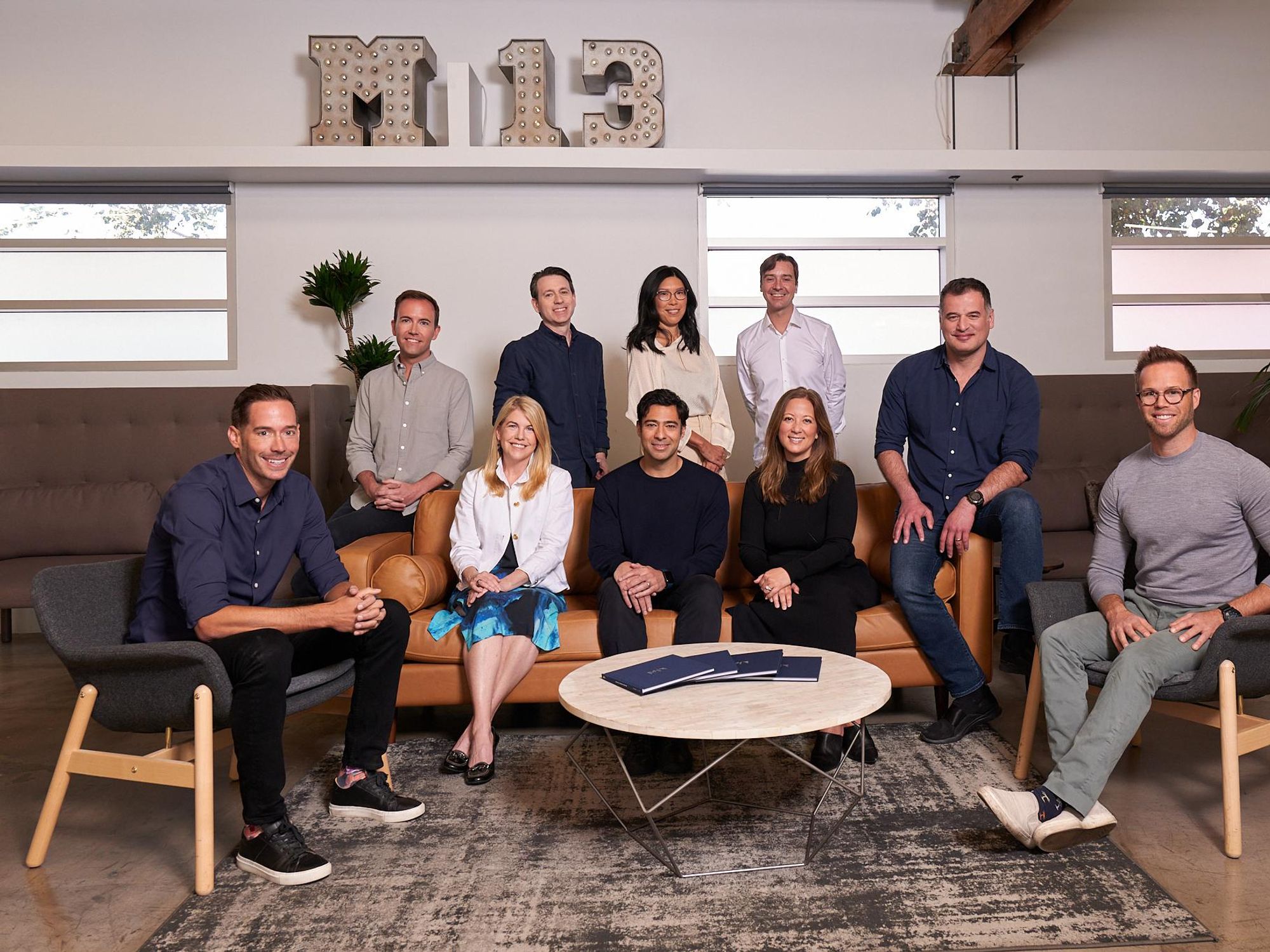M13 Doubles Down on Web3 With $400 Million Third Fund
Harri is dot.LA's senior finance reporter. She previously worked for Gizmodo, Fast Company, VentureBeat and Flipboard. Find her on Twitter and send tips on L.A. startups and venture capital to harrison@dot.la.

Sign up for dot.LA's daily newsletter for the latest news on Southern California's tech, startup and venture capital scene.
M13, the consumer tech-focused venture capital firm that has backed the likes of Snap, Bird and Lyft, has landed by far its largest fundraising haul to date—raising $400 million for its third fund.
The new fund far exceeded M13’s target of $275 million raised, the Santa Monica-based firm said Thursday. It plans to deploy the cash to early-stage startups across four broad investment categories: work, commerce, health and money.
These sectors aren’t anything new to the six-year-old firm—but this time, M13 plans to boost its focus on Web3, which encompasses blockchain-powered technologies such as cryptocurrencies and NFTs.

M13 partner and cofounder Carter Reum.
“Every company that we invest in, in all four of those verticals, has to be thinking about Web3 and the underpinnings of Web3,” M13 co-founder and partner Carter Reum said in a call with dot.LA. “Not every company [M13 invests in] is going to be a web3 company, but it is a horizontal layer that’s going to sit across all of these industries.”
The venture firm’s third fund clocks in at more than twice the size of its second fund, which was also oversubscribed with $188 million raised in 2019. Four years earlier, M13 secured $92 million for its first fund. Reum says the firm now has $750 million in assets under its management. (Disclosure: M13 is an investor in dot.LA.)
“We’ve shown repeatability with two top-performing funds,” Reum said. “The only reason this fund is larger is that we believe our model around propulsion—this large operating team we have that works with our portfolio companies—is fundamentally impacting the companies that we invest in by helping them scale faster.”
M13 currently cuts checks as large as $15 million, with Reum telling dot.LA that the firm now seeks an ownership stake of 20% in the startups it funds—up from 15% in previous funds.
M13’s rise mirrors the growth of the broader Los Angeles and Southern California startup scenes, as well as the venture capital industry at large. Across more than 150 deals to date, M13 says it has backed 15 early-stage startups that have each reached valuations north of $1 billion each. As well as L.A.-based giants like Snap and Bird, those companies include smoothie brand Daily Harvest, 3D software firm Matterport and home security company Ring, which Amazon snapped up in 2018.
- M13 Venture Studio LaunchPad Opens up Cohort with PepsiCo ... ›
- How M13's Anna Barber is Putting Local Startups First - dot.LA ›
- Venture Capital Firm M13 Is Still Looking For Deals - dot.LA ›
- M13’s Carter Reum On His New $400 Million Fund - dot.LA ›
Harri is dot.LA's senior finance reporter. She previously worked for Gizmodo, Fast Company, VentureBeat and Flipboard. Find her on Twitter and send tips on L.A. startups and venture capital to harrison@dot.la.



 Image Source: JetZero
Image Source: JetZero
